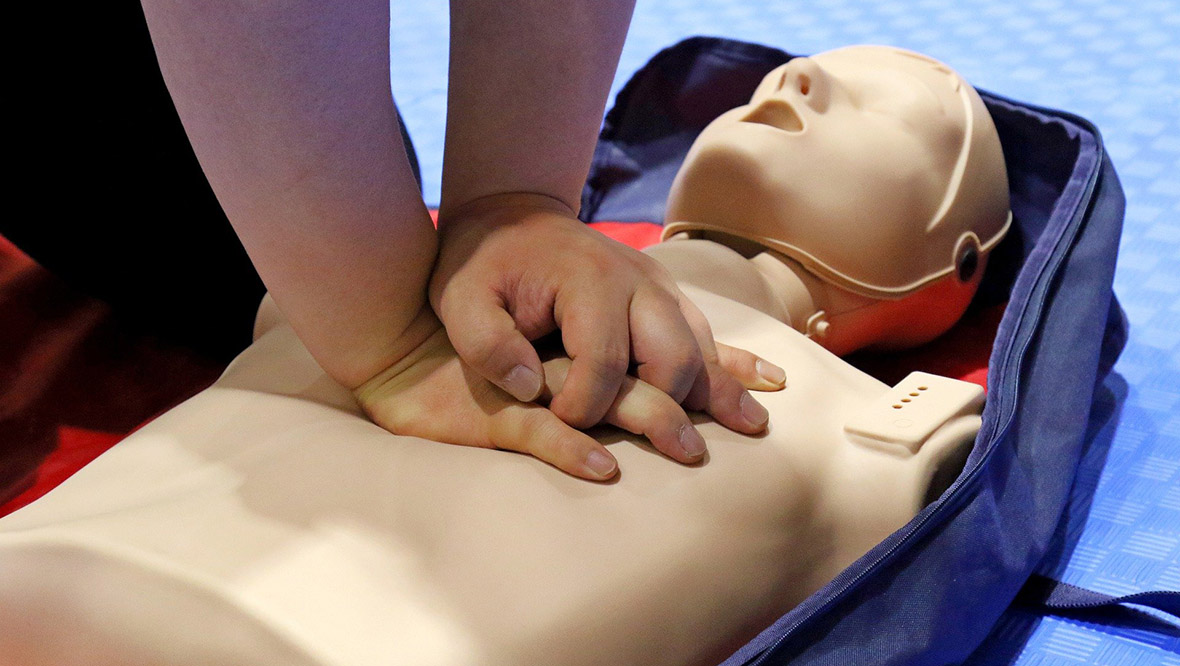CPR training has been put at the core of an “ambitious” new strategy to improve survival chances from cardiac arrest.
The multi-agency strategy, devised by the emergency services, the Scottish Government and others, aims to increase the level of bystander CPR knowledge from 65% to 85% by 2026.
The current plan pledged to ensure one million people in Scotland would be equipped with the skills to give CPR, and this strategy looks to continue that work.
The strategy follows the “chain of survival”, which describes the steps needed to ensure someone survives a cardiac arrest: early recognition, timely CPR, defibrillator use, hospital care and after care.
Public health minister, Mairi Gougeon, said: “Throughout the last five years, the Save a Life for Scotland (SALFS) partnership has equipped over 640,000 people with CPR skills, and the survival rate has doubled to one in 10 people.
“This is significant progress, of which we should be proud. It means that we begin this refreshed strategy with a solid foundation on which to continue our work.
“Whilst we rightly celebrate those achievements, there remains more to do. We know from international experience that even higher rates of survival are achievable.
“We can continue to learn from our international colleagues and apply examples of best practice here in Scotland.”
Pauline Howie, the chief executive of the Scottish Ambulance Service, added: “This is a bold and ambitious strategy to ensure we increase the survivability rates of those who go into cardiac arrest in Scotland.
“Cardiac arrest can affect anyone, of any age at any time or place. Through the strategy, we want to encourage people to feel more comfortable to call 999 and to deliver bystander CPR and defibrillation if witnessing an out-of-hospital cardiac arrest and thus increase survival rates.”
Follow STV News on WhatsApp
Scan the QR code on your mobile device for all the latest news from around the country


 Pixabay
Pixabay

























